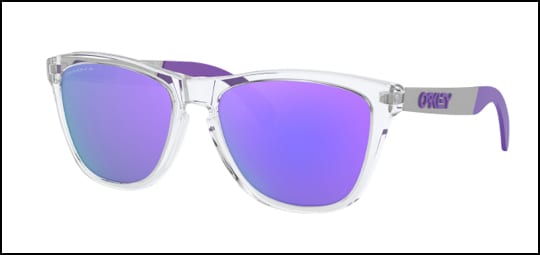Ready to Lose Your Glasses For Good?
Contact lenses can help you enjoy clear vision without using glasses. Many people use contact lenses to enjoy special occasions without needing to wear glasses, while others use them as an everyday alternative for eyeglasses. In either case, our eye doctors are happy to help you find contact lenses that suit your unique needs.









